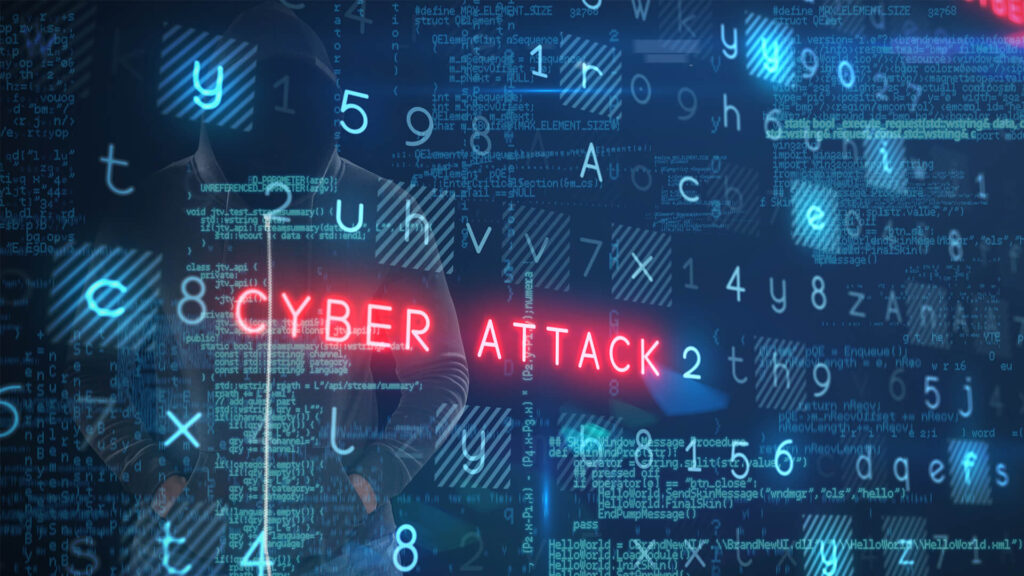
Today’s digital era introduced new technologies and new ways of doing things; it also resulted in the emergence of a new area of cyber crime where people exploit these technological advances for a criminal purpose. Cyber crime involves the illegal use of computers and the network, a computer might be used for this purpose or be a target of such crimes.
This resulted in the creation of a new branch of law called cybercrime which is a niche area of law that is constantly evolving to ensure that the legal system keeps up with technological advances. Offences related to cybercrime are generally categorised into two areas:

- In the first category the crimes are directed towards computers or other devices, such as the interception of data and unauthorised access to data.
- In the second category crimes, computers and other devices are a key component of these offence, for instance an online fraud, child abuse offences and cyberstalking.
Cyber crimes are exponentially increasing everyday, which is a big challenge for the law enforcement agencies due to its borderless and international nature. Many countries do not have tailored laws to deal with cybercrimes therefore, cybercriminals take advantage of these weaknesses to avoid punishments and penalties.
However, governments, industries and various agencies around the world realized the colossal threat of cybercrimes to economic prosperity, global security and public interest.
International cooperation and joint efforts of various organizations and governments around the world make it possible to establish global standards of legislation for law enforcement agencies both on a regional and on an international scale to deal with cybercrimes, and complex jurisdictional and procedural issues. The international cooperation in the sphere of cybercrime makes it harder for cybercriminals to escape punishment and penalties.

Cyber security incidents cost businesses billions of dollars every year, threatening world economic prosperity and security. The workplace is more vulnerable to cyber threats especially when the threat is internal, recent studies found that most cyber crimes against businesses were committed internally by their own employees, contractors and vendors.
For this reason, it’s important for the business to carry out background checks on their employees through a reputable police check firm along with other internal cyber security measures and loss prevention policies such as limiting the access of computer resources and their privilege levels to the minimum required, which can prevent huge losses and damage to the IT resources. In Australia there are a number of providers on the market. My organisation uses the Australian national character check. Their website link is www.australiannationalcharactercheck.com.au and we chose them as their service is completely online and there is support staff available 7 days a week.
Following are some of the ways in which an unethical or angry employee can cause serious problems and damage for your business:

- Embezzlement: Embezzlement is the misrepresentation and concealment of truth and facts. It is a specific type of financial fraud in which an employee or entity misappropriates the assets entrusted to him or her. It is also known as employee theft which is far more prevalent than realized. This kind of crime often occurs by fudging inventory records right on the computer, stealing credit card information, or transferring company funds to personal accounts and then using them for a different purpose other than they were intended to be used for, which is a breach of the fiduciary responsibilities placed upon person. To prevent such cyber crimes the company must adopt certain strategies for instance internal control and separation of duties.
- Theft of Intellectual Property: It involves robbing companies’ or peoples’ ideas, inventions and creative expression, it includes everything from trade secrets, trademark, and patents. Companies invest a lot of money on labor to develop ideas, invent new products and compile valuable data and it can only take seconds to steal that information and be used against the companies in the future. Intellectual prosperity theft causes companies around the world billions of dollars in loss in revenue and damage their reputation.

- Sabotage: The ways in which a disgruntled employee also known as saboteur can harm your organisation through subversion, obstruction, disruption or destruction via computer access such as altering and tempering the system and information in order to slow down production or damage the company’s reputation by posting negative reviews on social media. To prevent this kind of threat you should follow a thorough recruitment process to make sure you are hiring employees that are the right fit for your organisation. Comprehensive recruitment process involves a National Police Check, a thorough interview and references check, which is the first step and line of defence an organization can take and follow to prevent internal cyber security threats that can be caused by internal employees.
- Cybertalking: This kind of cybercrime involves monitoring victim’s online activities through illegal means such as infecting their computer with malware that can log victim’s online presence and activities, it also involve online harassment or sexual abuse where the user is subjected to a plethora of online messages and emails. Criminals of this nature typically use social media and search engines to intimidate and instil fear in their victims. Crimes of this nature at the workplace have serious consequences and can cause a big damage to the organizations’ reputation.
Conclusion

Today’s organizations are mostly dependent on information and communication technology (ICT), where technology plays a key role in the organizations’ business operations, it also makes them vulnerable to cyber threats, these threats could be either internal or external. Cybercriminal and hacker can easily compromise interconnected IT resources and organizational assets on the internet if the company has vulnerabilities in their IT system, therefore, cyber security and cyber crimes are the biggest concern of organizations.
The point is that the best line of defense is good organizational strategies, It is a good practice to adopt adequate security measures in order to prevent cybercrime posed especially by internal employees and follow a thorough recruitment process such as a National Police Check, reference check and a good interview to make sure that you are hiring the right employees who are the right fit for your organization and for the role. The aforementioned should not be construed as legal advice. Organizations should always consult their own legal counsel for advice on labor and employment matters.













